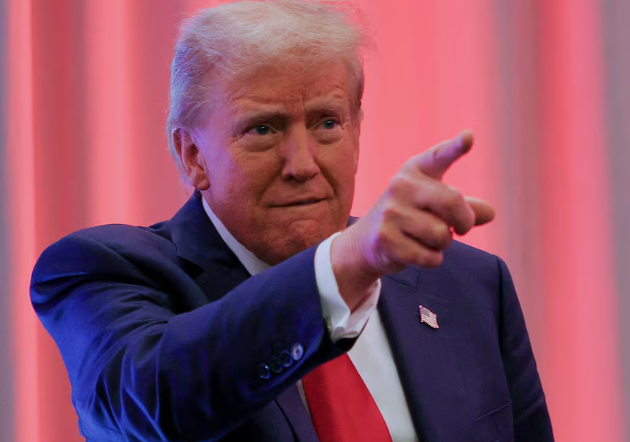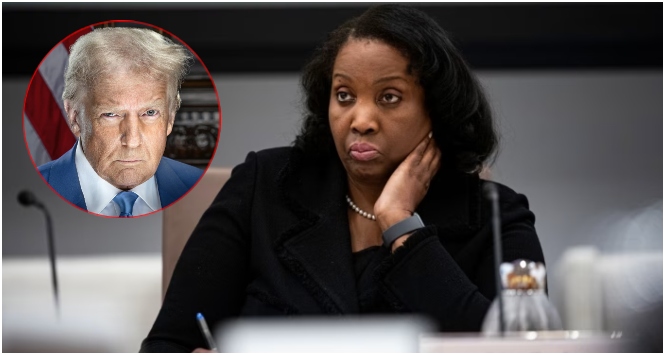A federal judge has halted President Donald Trump’s attempt to remove Federal Reserve Governor Lisa Cook, ruling that the president had not demonstrated legally valid grounds for her dismissal.
The decision underscores the limits of presidential power over independent regulatory agencies and sets the stage for a significant constitutional showdown over executive authority and central bank independence.
On Tuesday evening, U.S. District Judge Jia Cobb issued a preliminary injunction allowing Cook to remain in her post while litigation proceeds. The ruling came in response to a lawsuit Cook filed in August challenging Trump’s attempt to fire her amid allegations of mortgage fraud tied to two real estate purchases she made in Ann Arbor, Michigan, and Atlanta, Georgia in 2021.
The injunction ensures Cook will participate in the Federal Reserve’s policy meeting on Sept. 16-17, where the central bank is expected to cut its benchmark short-term interest rate by a quarter percentage point to between 4% and 4.25%.
Why Trump Tried to Fire Cook

Trump announced on Aug. 25, 2025, that he was firing Cook, citing allegations raised by one of his appointees that she misrepresented the status of her properties as “primary residences,” potentially securing more favorable mortgage terms.
Cook has denied wrongdoing, and Judge Cobb found the allegations insufficient legal cause for removal. In her ruling, Cobb emphasized that dismissal of a Fed governor must relate to misconduct during the individual’s term of office that directly undermines their statutory duties.
“President Trump has not stated a legally permissible cause for Cook’s removal,” the court wrote, according to reporting by the Associated Press.
Can the President Fire a Federal Reserve Governor?
The legal standard for removing a Federal Reserve governor is “for cause”, a deliberately high threshold designed to safeguard the Fed’s independence. “Cause” generally refers to misconduct, incapacity, or neglect of duty—not mere policy disagreements.
Legal experts note that any removal proceeding would typically require a structured process giving the governor the opportunity to contest allegations and present evidence. No such proceeding occurred in Cook’s case.
Judge Cobb’s ruling therefore suggests that Trump’s action could be an unconstitutional encroachment on the Federal Reserve’s autonomy, setting up a broader judicial review on the separation of powers.
The Stakes
If Trump ultimately succeeds in replacing Cook, he could secure a 4-3 majority on the Federal Reserve’s seven-member Board of Governors. He has already nominated Stephen Miran, a White House economic adviser, to fill the seat vacated by former Governor Adriana Kugler, who resigned unexpectedly on Aug. 1.
For now, the injunction protects Cook’s role in shaping upcoming monetary policy decisions and signals that courts are prepared to closely scrutinize executive actions against members of independent agencies.

